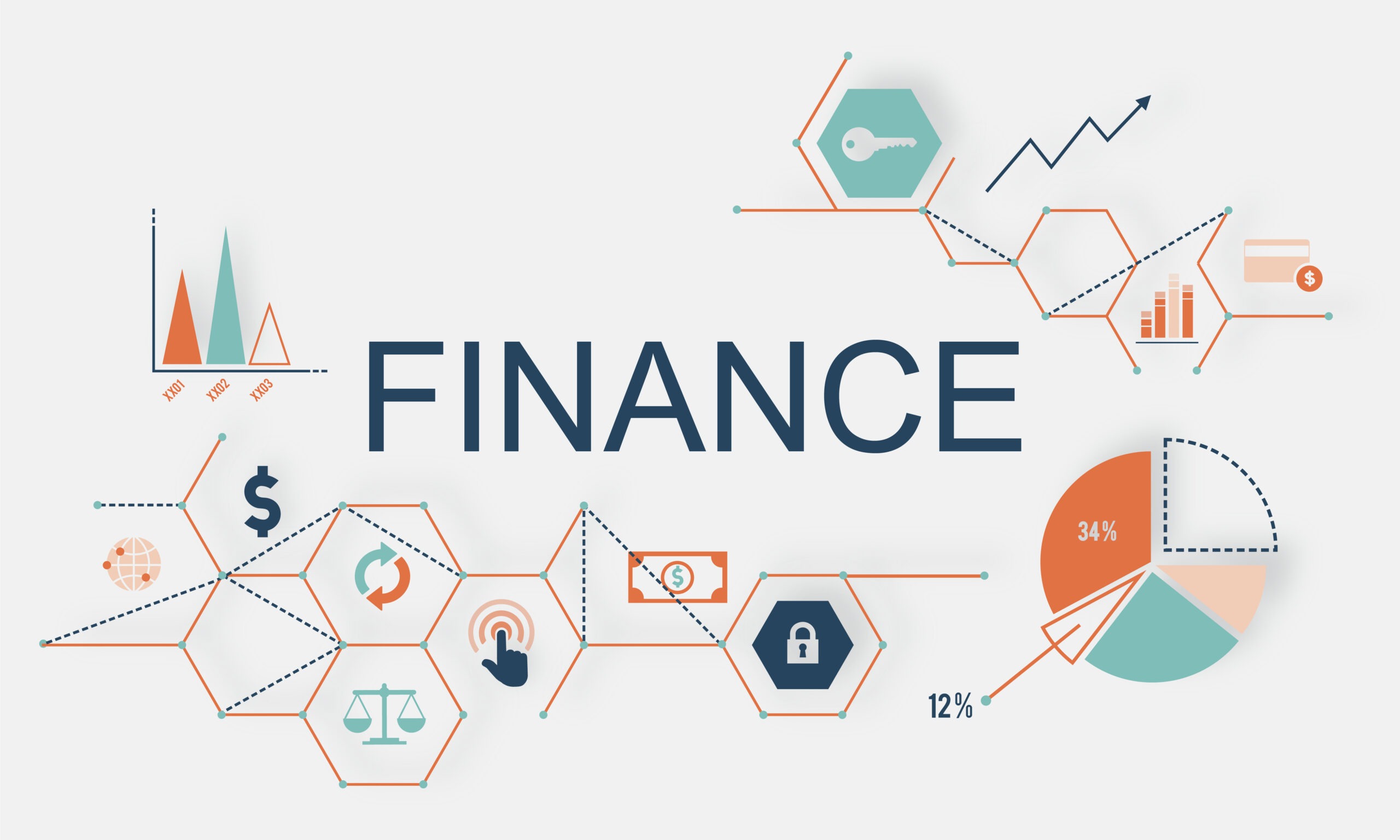In The financial technology, or fintech, revolution is transforming the way we manage our money, make payments, and access financial services. With the rapid advancement of technology, fintech has become an integral part of our daily lives, offering convenience, accessibility, and innovation like never before. In this article, we’ll explore how the fintech revolution is reshaping our lives and finances.
The Rise of Fintech
Fintech is a broad term encompassing a range of financial services and products that leverage technology to provide efficient and user-friendly solutions. It includes online banking, mobile payment apps, robo-advisors, crowdfunding platforms, peer-to-peer lending, and cryptocurrency, among others. Fintech companies have disrupted traditional financial institutions by offering more accessible and cost-effective alternatives.
1. Convenience at Your Fingertips
One of the most significant benefits of fintech is the convenience it brings to our financial lives. Gone are the days of visiting brick-and-mortar banks during limited business hours. With online banking and mobile apps, you can check your account balances, transfer money, and pay bills at any time, from anywhere in the world.
Mobile payment apps like Venmo, PayPal, and Cash App have revolutionized the way we split bills with friends or pay for goods and services. No need for cash or physical cards; a few taps on your smartphone, and the transaction is complete. Fintech has made peer-to-peer payments seamless and hassle-free.
2. Accessible Financial Services
Fintech has made financial services more accessible to a broader audience. Traditional banking can be exclusionary, with high minimum balance requirements and fees. Fintech companies have lowered these barriers, enabling people with limited financial resources to access basic banking services.
Moreover, fintech has played a pivotal role in financial inclusion by providing services to those without access to traditional banking infrastructure. Mobile banking and digital wallets have become lifelines for individuals in remote or underserved areas, allowing them to participate in the global economy.
3. Investing for Everyone
Investing was once perceived as the domain of the wealthy or those with extensive financial knowledge. Fintech has democratized investing through robo-advisors and micro-investment platforms. Robo-advisors use algorithms to create diversified investment portfolios tailored to your risk tolerance and financial goals. These platforms require lower minimum investments and charge lower fees compared to traditional financial advisors.
Fractional investing is another fintech innovation that allows individuals to buy fractional shares of stocks or ETFs with small amounts of money. This means you can invest in high-priced stocks like Amazon or Google without buying a whole share. It’s an excellent way for novice investors to get started in the stock market.
4. Smart Financial Management
Budgeting and managing finances have never been easier, thanks to fintech apps and tools. Personal finance apps like Mint, YNAB (You Need a Budget), and Personal Capital help users track their spending, set savings goals, and gain insights into their financial habits.
These apps provide real-time updates on your financial health, categorize your spending, and even offer suggestions on how to save more and pay off debt. With fintech, financial literacy and responsible money management are at your fingertips.
5. Secure and Transparent Transactions
Security and transparency are paramount in fintech. Fintech companies invest heavily in cybersecurity measures to protect users’ data and financial assets. Features such as biometric authentication, encryption, and multi-factor authentication have become standard in fintech applications, providing users with peace of mind.
Furthermore, fintech’s transparent fee structures and regulatory compliance enhance its trustworthiness. Many fintech companies operate under the oversight of financial authorities, providing users with additional layers of protection.
6. Cryptocurrency and Blockchain
The fintech revolution has also brought cryptocurrencies like Bitcoin and Ethereum to the forefront. Blockchain technology, the backbone of cryptocurrencies, offers secure and decentralized transactions, making it an appealing alternative to traditional financial systems.
Cryptocurrencies have gained popularity as investment assets and digital currencies for transactions. With fintech, you can buy, sell, and store cryptocurrencies through user-friendly exchanges and wallets. This innovation has the potential to disrupt traditional banking and payment systems, offering greater financial freedom and control to users.
Conclusion
The fintech revolution is here to stay, and it’s changing the way we interact with money and financial services. Embracing fintech can empower individuals to take control of their finances, invest wisely, and achieve their financial goals. Whether you’re looking for a more convenient way to manage your finances or exploring investment opportunities, fintech has something to offer everyone in this digital age of finance.









